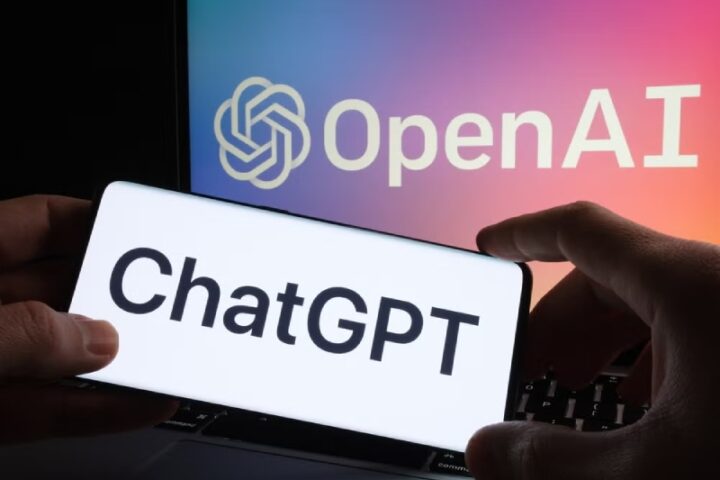OpenAI released plugins for ChatGPT on Thursday, following the March release of the new GPT-4 engine and Whisper API. The chatbot will be able to interact with third-party APIs thanks to these, allowing it to respond to specific situations as defined by the developers and broadening its capabilities.
Let’s say you want to create a sports-talking chatbot. The chatbot could only talk about games and scores from the past before the most recent GPT-4 upgrade, specifically in 2021, when the training data for GPT-3 was compiled. It would not even be aware that the year 2022 existed, let alone pull real-time data. You will be able to add ChatGPT functionality to your existing code stack using a chatGPT plugin. It will be able to pull specific knowledge-base information from your personal cloud or your company’s internal documents, as well as real-time information calls like sports scores, stock prices, and breaking news. It will even be able to take action on the user’s behalf, such as booking a flight or placing an order for takeout—imagine an OpenAI-developed, installable Google Assistant.
“The AI model acts as an intelligent API caller. Given an API spec and a natural-language description of when to use the API, the model proactively calls the API to perform actions,” the OpenAI team wrote. “For instance, if a user asks, ‘Where should I stay in Paris for a couple nights?’, the model may choose to call a hotel reservation plugin API, receive the API response, and generate a user-facing answer combining the API data and its natural language capabilities.”
Using plug-ins to bridge the knowledge gap between what the model was trained on and what has happened since should help reduce the AI’s tendency to hallucinate facts when answering complex questions, the company adds. The team wrote, “These references not only increase the utility of the model but also give users the ability to evaluate the trustworthiness of the model’s output and double-check its accuracy, potentially mitigating risks associated with over-reliance.”
The likelihood of the model returning incorrect responses is also significantly increased by the additional capabilities and information provided by the plug-in. OpenAI has reportedly conducted extensive stress tests on these plug-ins in order to steer clear of Google’s $100 billion acquisition of Bard. The team wrote, “We’ve performed red-teaming exercises, both internally and with external collaborators, that have revealed a number of possible concerning scenarios.” They intend to use those findings to “inform safety-by-design mitigations” in order to enhance transparency and prevent the plug-in from engaging in risky activities.
The plug-in itself is still in its early alpha stage and is only available in limited form. A small number of partner companies, including Expedia, Instacart, KAYAK, OpenTable, Shopify, Slack, Wolfram, and Zapier, were granted early access to OpenAI for use in their existing applications. You’ll have to add your name to the shortlist to attempt it for yourself.
- IPL Icon MS Dhoni Makes Unbelievable Record Against SRH - April 26, 2025
- Cougars Coach Kelvin Sampson Chases 800th Career Victory in NCAA Finals - April 8, 2025
- How to Check IIT GATE 2025 Results Online? Complete Guide - March 19, 2025








